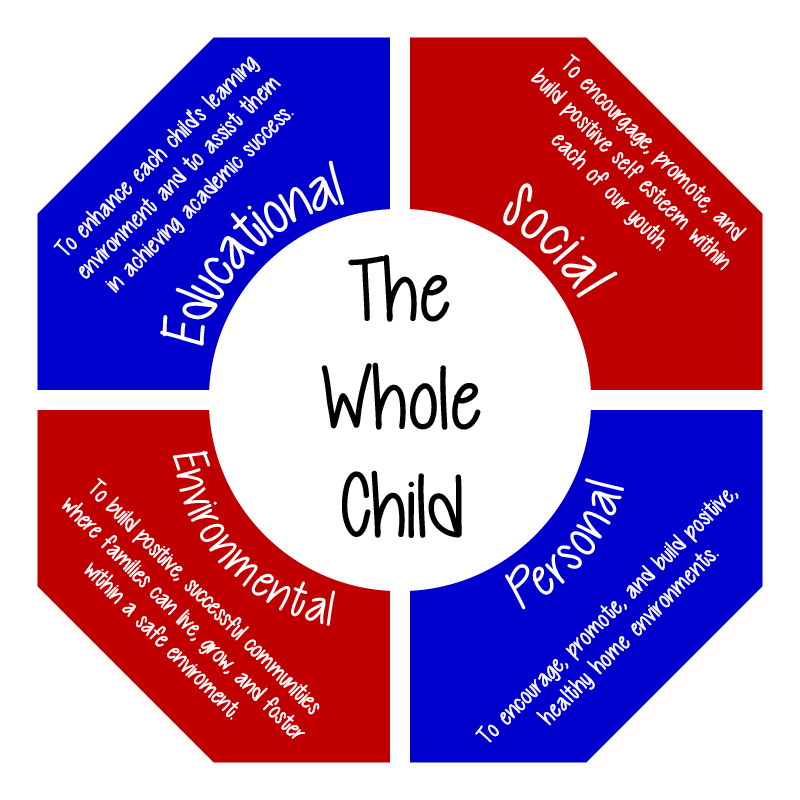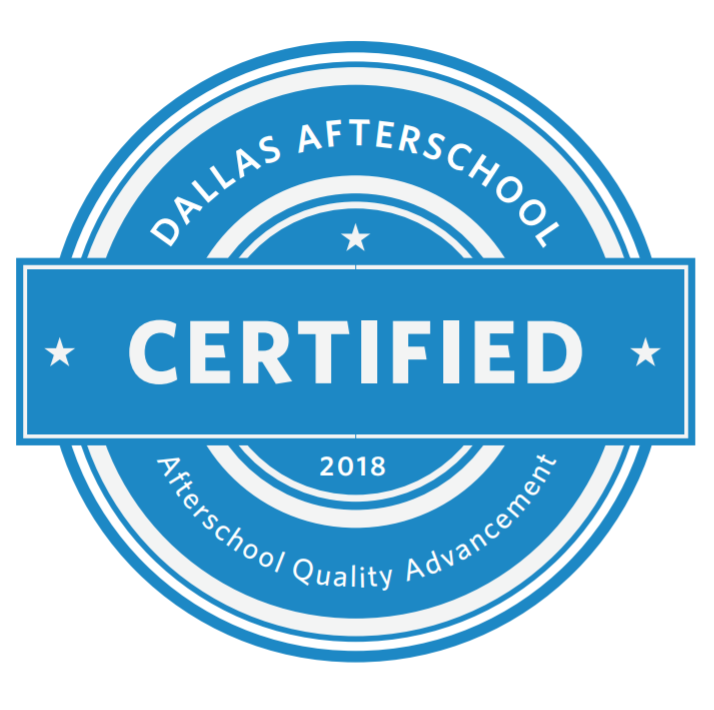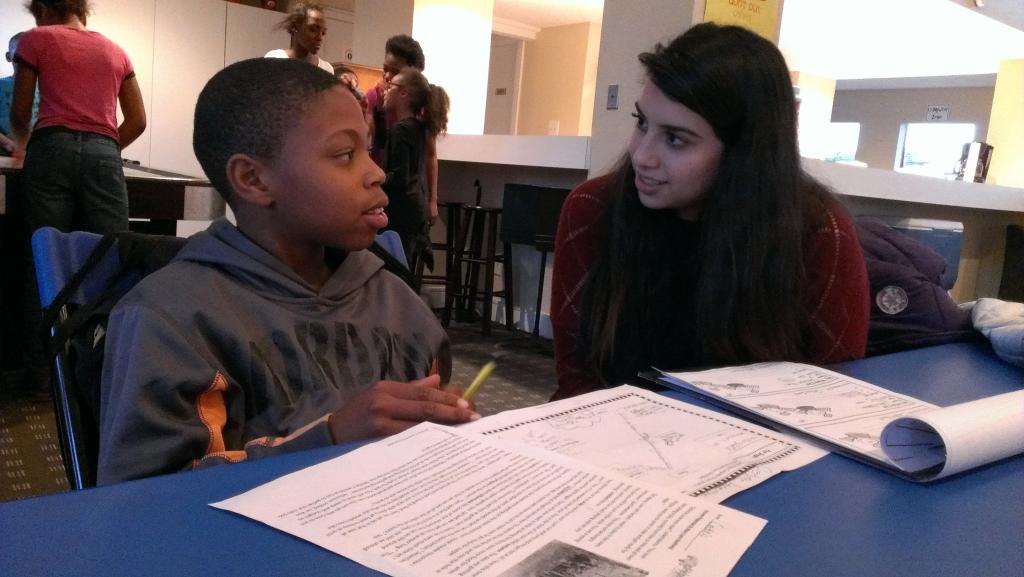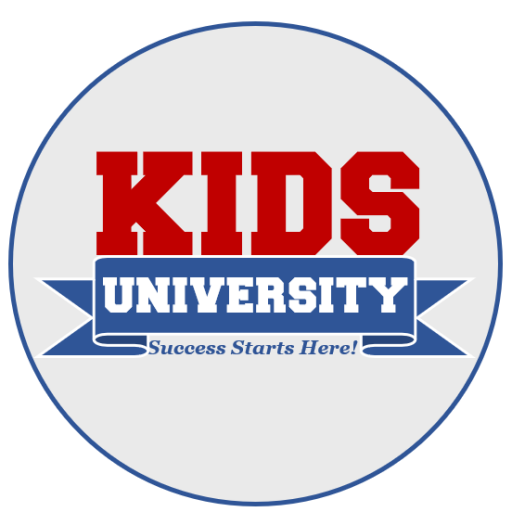Kids-U provides after-school tutoring and social-emotional learning (SEL) programs, summer camps, family services and community outreach for at-risk youth living in low- income apartment communities.

Programs & Services
After School Tutoring Program
After School Social Emotional Support
Summer Enrichment Camps
Research also indicates that children from high-risk backgrounds have the most to gain from after-school programs in terms of educational opportunity and the least access to after-school programs. If educational benefits are the goal of after-school programs, then attention needs to be focused on the quality of programs and the activities that are offered. A positive emotional climate with competent and caring adult supervision increases attendance. Programs cannot benefit children who do not attend or resist participation. The changing needs and interests of older elementary school children need to be considered in programming. Some research suggests that giving children activity choices, engaging them in enrichment activities, and supporting socialization with peers will pay academic dividends.
“The whole point of education is to prepare our kids for the workforce,” says Jodi Grant of nonprofit Afterschool Alliance, which advocates for more after-school programs. “They need academic skills, but they also need social skills, emotional skills, professional skills, confidence and collaboration—these are all things that kids can get in after-school programs.”
For many upper- and middle-class children, the after-school hours are filled with sports, creative play, dance, theater, tutors and other extracurricular activities. Parents pay for these programs because they know they will help their children succeed in school and develop professional skills that will help them in the workforce. Low-income children deserve access to the same types of programs and the mentors they provide.
Family Services Program
Community Outreach Program
The old adage: “two heads are better than one” has been around for over four hundred years. More effective problem solving happens when you combine resources in talent, experience, finances and infrastructure. Over the years, Kids-U has developed a reputation as an expert in school-aged, out-of-school-time children’s programming that positively affects a child’s academic career. Our neighbors and supporters know our students are low-income and without our programs would lack the additional academic and social support necessary for success in completing the high school requirements for graduation. Working with children and understanding the whole child approach, Kids-U has developed some partnerships and participated in some collaborations that make the results of sharing and leveraging resources more widespread and more impactful. We understand that we cannot do this alone and seek the support of the community and other agencies to assist us in our efforts.
City of Dallas Learning
As part of your child’s experience in Kids-U your child will participate
in Dallas City of Learning (DCOL), an education initiative and online platform designed to help students
discover new interests, develop skills, and earn recognition for learning achievements.
DCOL is a partnership with the City of Dallas and Dallas Independent School District, and is managed by
Big Thought, a non-profit organization committed to closing the opportunity gap in Dallas. Some data
you have provided, including student name, birth date and student ID number will be shared with DCOL
to enable your child’s participation.
Our Approach
Wells and Bechard (1989) identified four major categories of factors that may affect a student’s risk of dropping out of school. The four categories list risk factors related to student, school, family, and community. The likelihood of a student dropping out of school increases not only with increases in each factor, but also as the combination of risk factors becomes more multifaceted; in other words, a child who can cope with challenges in the community may be at more risk when those challenges are compounded by challenges at home. With this concept in mind, Kids-U created programs that extend beyond the individual child to address the child in school, in the home, and in the community. At Kids-U, we call this concept “focusing on the whole child.”
There are other issues beyond homework and testing that affect the at-risk child’s ability to achieve academic success. Our innovative approach extends our services beyond the child’s academic needs to also focus on root problems preventing the student from graduating. This focus includes the child’s social development and personal family dynamics as well as addressing the needs of the community where the child lives.


Dedication to Quality
Dallas Afterschool’s Program Quality Initiative addresses 116 national “best practices” for high-quality out-of-school-time programming. These best practices are grouped into 10 elements that serve as the primary indicators of a high quality program. Sites that master all ten elements are recognized as “Certified” and considered “High Quality” by Dallas Afterschool. In assisting the whole child, Kids-U focuses on the four major areas of the child’s world that makes the biggest impact upon their lives: the individual student, the school, the family, and the community. Below are the categories of research-based best practices for operating a high-quality after-school program:
Environment & Climate
Relationships
Programming & Activities
Administration & Organization
Staffing & Professional Development
Linkages Between Day and Afterschool
Youth Participation & Engagement Parent
Family and Community Partnerships Program
Sustainability & Growth Measuring Outcomes


Outcomes
At Kids-U, our programming does not stop at the schoolhouse, playground, or street corner. The success of our tutoring programs over the past years is the result of academic tutoring blended with building of the individual student’s self-image/esteem. Our overall method and strategy is to look at the “whole child” and go beyond merely providing academic assistance to support the family and community in an effort to increase our success rate with the at-risk child. Addressing the needs of the child along the pathway from school, to the home, and into the community increases the long term impact of our tutoring program.
Our PATHWAYS curriculum is a hands-on approach to teaching that captures all types of learners. We believe children learn best when they are able to manipulate and experiment with materials as they are learning. Piaget’s theory of cognitive development suggests that children develop best when they have interaction with the material they are learning. Our curriculum is also aligned with the Texas Essential Knowledge & Skills (TEKS). Children benefit from hands-on learning as it accommodates many different learning styles. Through hands-on learning, children are given meaningful experiences that help them commit information to memory, while giving them opportunities to learn through real-world applications..
Our students are tested annually over the TEKS concepts we teach:
Reading fluency (October, February & May)
Reading Comprehension (October & May)
Language Arts (October & May) pre-test quarterly
Math (October & May) pre-test monthly
To see our current outcomes, the goals we have set, the pathway to achieve those goals and the measurement of our goals, please see OUTCOME.
